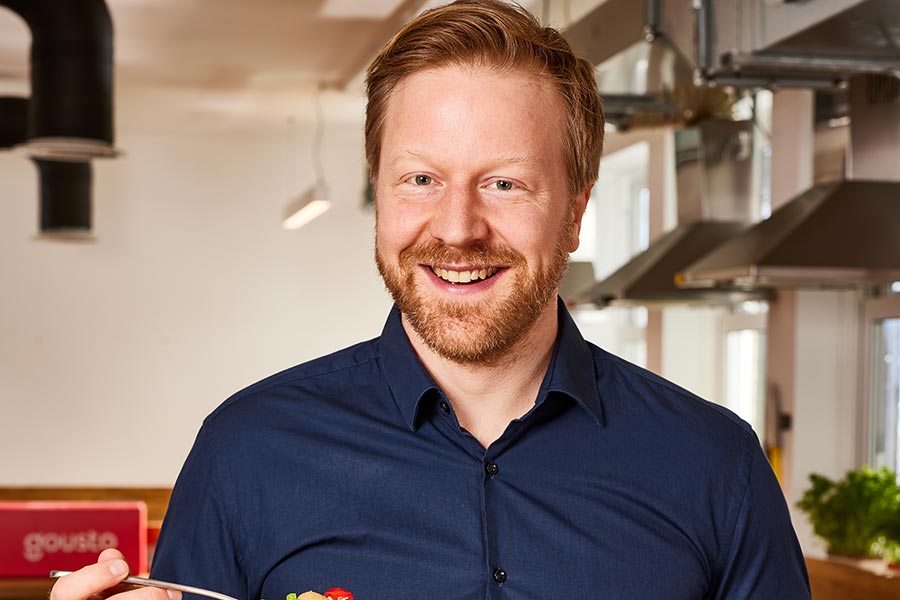Many emigrants, particularly from developing countries, send money to relatives and friends back home to help pay for bills. Doing so can be complicated and expensive, requiring new bank accounts and hefty commissions.
Pip It is a Galway B2B fintech startup aimed at this emigrant demographic.
By partnering with various international payment platforms that in turn process bills from utilities companies and the like, it help migrants pay bills back home in cash from their new countries of residence.
The company was founded in 2013 by Ollie Walsh (45), Julian Callaghan (53) and Rory Ryan (44), whose varied backgrounds cover product development, business strategy and software. A lengthy development phase only saw Pip It go live with its first payment transaction in April 2017.
A successful recent fundraiser that included private investors and Enterprise Ireland saw Pip It raise €1m to expand its offering. In all, the firm has raised around €1.5m since launching and is planning to attract additional investors.
CEO Ollie Walsh (pictured) explains more about the business below.
How would you best explain Pip It?
Pip It is an international payments platform, but for transacting cash. Our core offering is international bill pay.
When someone moves country it is very difficult to open a bank account, so migrants have to send cash home to pay bills. Sending cash is very expensive.
Our platform makes it possible for migrants go to their local post office and pay their bills in cash over the counter. They do this by generating a barcode for a specific bill via our platform, present the barcode in the post office and pay it like any other bill.
Are you a B2B company?
Yes. We can work directly with utilities companies and the like, but we generally integrate with a payment platform that is connected to all billers in a country – it’s a one-to-many approach.
So for example, in Ghana we are partnered with Interpay Africa to pay all bills there; in Nigeria it is Sochitel; in Zimbabwe, it’s Zympay and so on.
Our partners own the consumer relationship, so the marketing of our service is done by our partners to their customers.
How does the B2B partnership model work?
We work on a commission model, so we take a fee per transaction. As a for-profit, social impact company, we keep our fees as low as possible – 1.5%-2.5%, which is about 80% cheaper than remitting cash home.
Most of our partners respond to this very positively and keeps fees to a minimum. In most cases, the migrant will pay the face value of a bill, so there is no charge to them with the biller absorbing our fees.
A big challenge in the early days was getting the initial traction. It was hard to do sales when you had no current customers to point to. We stuck at it, and once we had one client – Interpay Africa was the first – we then started building.
What’s your biggest target audience for Pip It?
Our biggest audience to date is payments to West Africa from the UK. Ghana was our first market and right now is still our biggest.
Currently, we have no operations in Ireland as it doesn’t have a particularly big migrant community. We will however be going live in Ireland for collections in Q1 2019.
Aside from bill payments, what else can Pip It facilitate?
We also do cross-border bank lodgements and are integrating with Hatton National Bank in Sri Lanka. Sri Lankans who have an account at home but none where they live, can lodge cash to that account with our platform. This is primarily targeting Sri Lankan’s living in Middle-East.
Pip It will be live in UAE by end of the year and then we launch that service. We are also talking to banks in Africa and India to provide the same service to their clients.
We can also load cash to e-wallets. Again, instead of sending cash home, migrants can load it to an e-wallet and then pay bills online.
Finally, we have an e-commerce module where consumers can pay for online orders with cash. This can be in-country for people with no access to a payment card, or who have security concerns about online fraud, but also can be cross border.
Thus, a migrant living in UAE, for example, can order from a website in India and have delivery made direct to their family, but they can pay for the order with cash in UAE.
How many staff do you employ?
We currently have 13 staff – 10 in Galway and three in the UK. We plan to add about 17 more in the next 18 months, mostly in our Galway office.
There is a great startup eco-system in Galway, so we have a lot of local support. This ranges from formal structured support from Enterprise Ireland, to moral support from other founders.
What are the biggest business challenge for Pip It?
Funding is a big challenge. It’s a long road and takes up a huge amount of time for all the senior team. The round we just closed took almost a year to complete.
In Ireland, I think one of the big restrictions is access to finance. Related to that is that many international funds only invest within their own country, or even more locally than that. That means having to go far and wide to find investors who are interested in fintech but also willing to invest in an Irish company.
Our lead investor is West Loop Ventures from Chicago, who have been great. They are a fintech fund and we were its first non-US investment.
Doing business internationally – how are you finding that?
The most interesting part of the business environment for us is when dealing with international partners, and how frequently we come across someone Irish in a senior position. We have had great support from the Irish around the world.
What’s in the pipeline for Pip It in 2019?
Right now we have 35 companies in the on-boarding process, with around 150 more in the pipeline.
Until recently, I was the only sales person and the head of marketing for Pip It. Now, we have three in the sales team, three in the marketing team as well as business development partners in Lagos and Mumbai.











